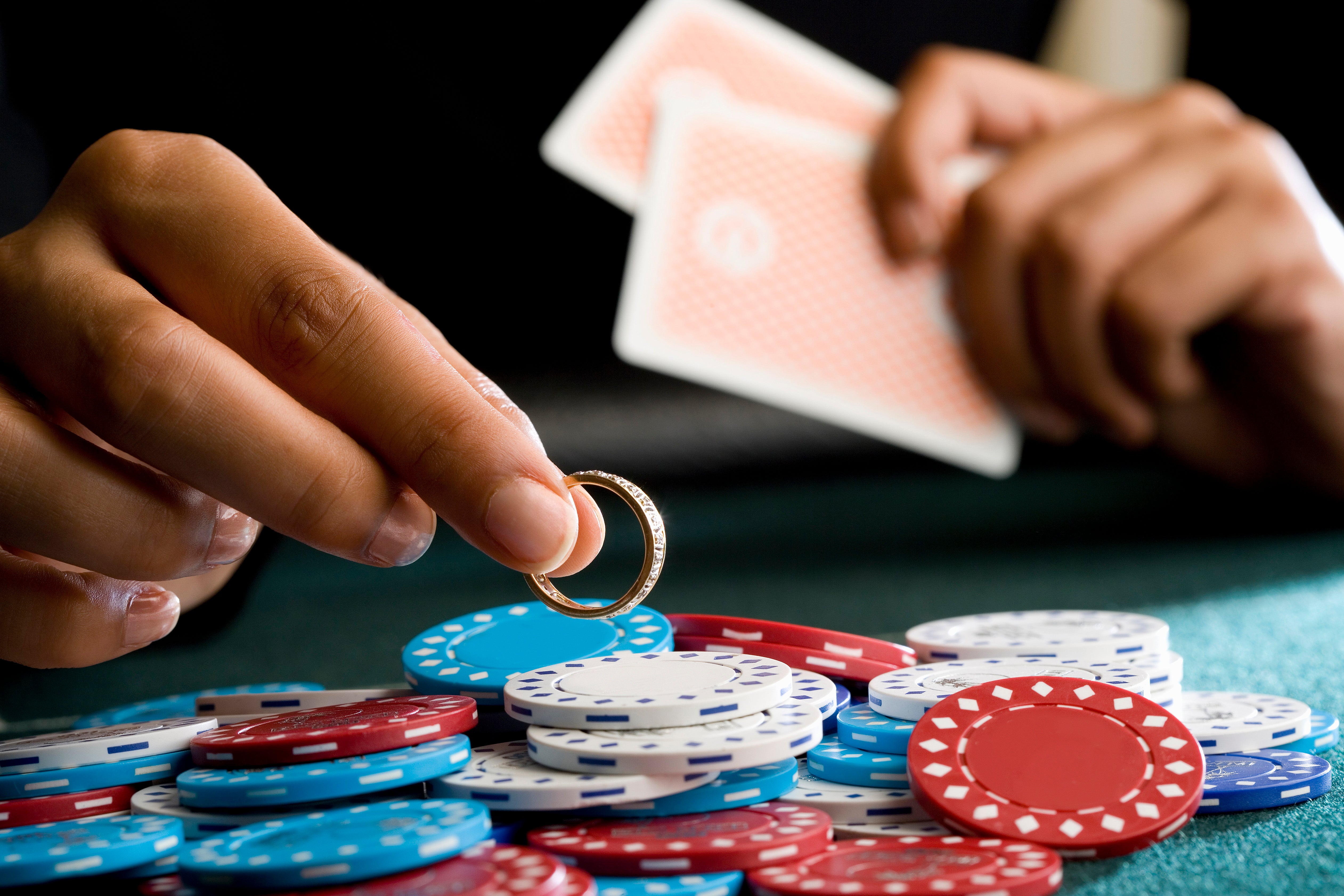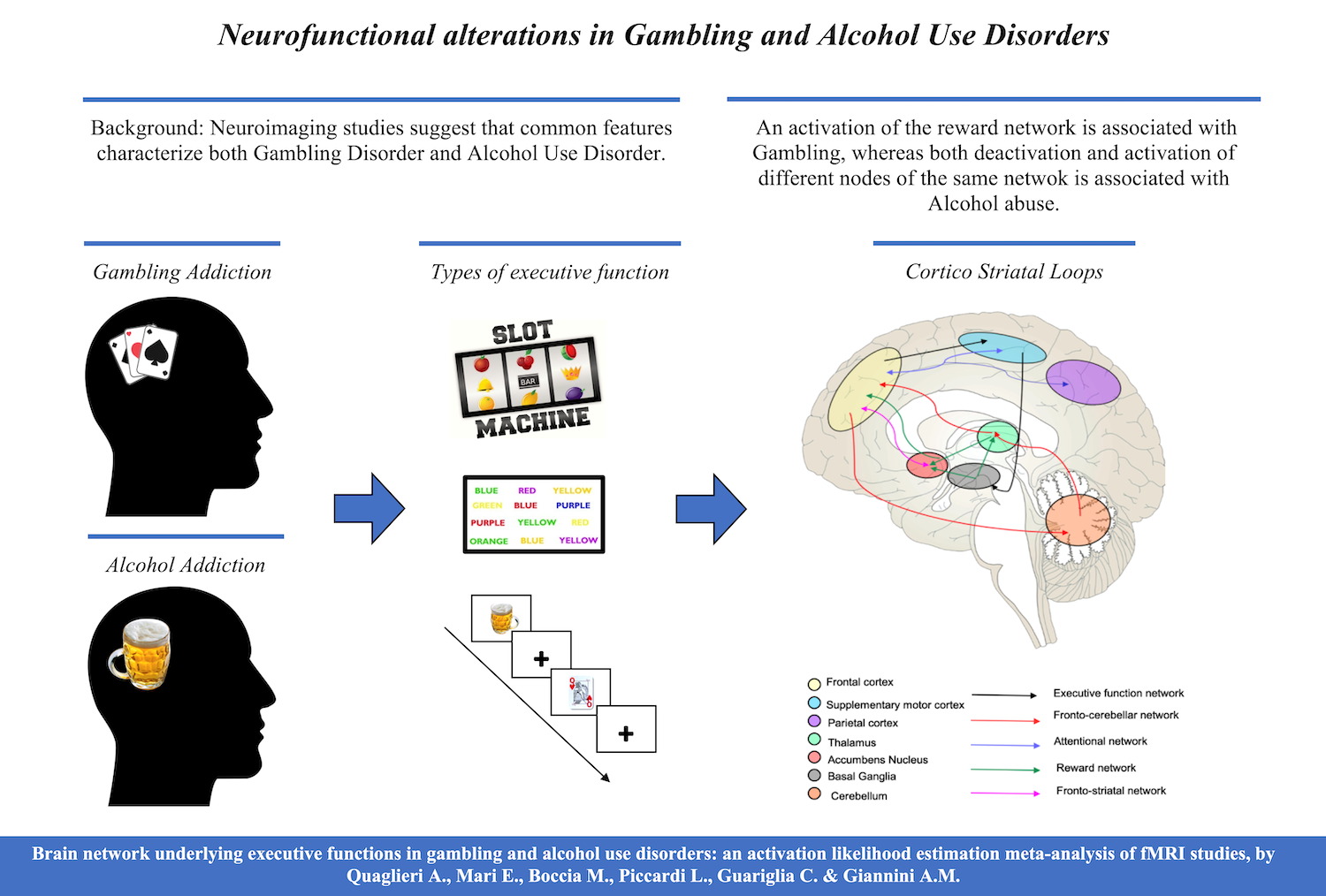- Pathological Gambling Experiment Meaning
- Pathological Gambling Experiments
- Pathological Gambling Experiment Definition
- Pathological Gambling Experiment Games

Last updated: 04/1/2019
Author: Addictions.com Medical Review
Evidence indicates that pathological gambling is an addiction similar to chemical addiction. Monetary reward in gambling experiment produces brain activation very similar to that observed in drug addicts when they receiving an infusion of the drug. Problem gambling is often associated with increased suicidal ideation and attempts. The researchers conducted an experiment on compulsive gambling patients using a standard experimental economics task and a mathematical model for measuring both probability distortion and a more. Imaging studies have identified unique brain activity changes in men with pathological gambling when they viewed videotapes about betting on cards or rolling dice at a casino, a Yale study has found.

Reading Time: 3minutes
Compulsive, also called problem, gambling may be a different disorder entirely from pathological gambling. Depending on your habits, you may be able to tell if you are a compulsive or a pathological gambler and where you should go to find help.
Compulsive Vs. Pathological Gambling

Problem or compulsive gamblers are individuals whose betting activities have become controversial, perhaps even dangerous. Their habits have likely led them to making mistakes, whether it is forgetting to pick up their children or taking care of something at home, calling into work so often their boss notices, or spending money meant for other things on wagering. However, they may be able to cut back on these activities if they realize the damage it is causing in their life.
According to the National Library of Medicine, “Pathological gambling is being unable to resist impulses to gamble, which can lead to severe personal or social consequences.” This also causes many issues in the individual’s life, but unlike the former disorder, pathological gamblers cannot stop these dangerous habits, even if they try. They will need serious professional help in order to do so, and they may need to stop gambling and cease any other activities related to it in order to avoid any issues in the future.

Which Type of Gambler Am I?
A gambling problem can lead to financial issues and even bankruptcy.
Ask yourself the questions below. Make sure to answer truthfully in order to find out which disorder is more likely associated with your behavior and how serious your problematic wagering has become.
- Do you ever lie to others when you are going out to gamble?
- Would you always prefer to be betting, wagering, or playing instead of doing something else?
- Do you sometime feel bad after wagering too much or losing money?
- Do you ever use money meant for other things when you place bets?
If you answered yes to these questions, you may be a problem or compulsive gambler. You will likely be able to cut back on your habit with the help of your loved ones. However, it is also important to ask yourself the questions below as well:
- Do you feel restless, sad, anxious, or irritable when trying to cut back?
- Have these feelings caused you to go back to gambling?
- Have you ever committed a crime to get more betting money?
- Do you engage in these activities to escape your problems or the negative feelings you experience?
- Do you bet large sums of money to try and “make up” for past losses?
- Have you ever lost a job, relationship, education, or another important opportunity in the past due to this habit?
- Are you constantly preoccupied with how to make more money or win back your loses?
- Have you tried to quit or cut back more than twice and not succeeded?
- Do the other people in your life refuse to give you money?
If you answered yes to these questions, it is likely that you have an addiction and have become a pathological gambler. You will need professional addiction treatment in order to stop.
- < Previous
- Next >
Home > Graduate School > ETD > DISSERTATIONS > 524
Title
Author
Date of Award
8-1-2012
Pathological Gambling Experiment Meaning
Degree Name
Doctor of Philosophy
Department
Pathological Gambling Experiments
Rehabilitation
First Advisor
Dixon, Mark
Pathological Gambling Experiment Definition
Abstract
The current set of three proposed experiments focused on integrating neurological and behavioral levels of analysis in the context of pathological gambling. A thoroughgoing analysis on previous gambling research was explored and discussed in the first four chapters. Specifically, this analysis outlines: similarities between pathological gambling and other substance addictions, new technological advances (i.e. functional magnetic resonance imaging), verbal behavior in general and its role in pathological gambling specifically, and treatment assessments and interventions. Three experiments were then developed and designed based on the outcomes suggested by the literature review. Experiment I determined the effectiveness of the Gambling Functional Assessment (GFA; Dixon & Johnson, 2007) as a clinically relevant gambling assessment tool. Experiment II also investigated neurological differences between pathological gamblers. Similar to other behavioral and substance addictions, limbic and cortical brain systems are activated during gambling related tasks and activities. However, as gambling pathology increases, brain activation in these regions have been reported to decrease, and it is unclear how pathological gamblers brain activation patterns differ across function maintaining gambling (i.e. attention, escape, sensory, and tangible maintaining functions). Therefore, Experiment II built upon the findings of Experiment I by contrasting brain activation images from the two highest maintaining functions of play, as indicated by the GFA. Concomitantly, Experiment III assessed function based assessment and treatment of pathological gamblers, by comparing brief 30 min exposure to function based or non- function based Acceptance and Commitment Therapy for gamblers. Results from both studies suggested differences in brain activation patterns, yet similarities across subjective closeness to win ratings of the slot machine. Furthermore, brain activation patterns did not change following function based therapy, while subjective ratings in the function based treatment group decreased. Implications for brain-behavior relationships both in a gambling context and in relation to behavior therapy will be discussed.
Share
Access
Pathological Gambling Experiment Games
This dissertation is only available for download to the SIUC community. Current SIUC affiliates may also access this paper off campus by searching Dissertations & Theses @ Southern Illinois University Carbondale from ProQuest. Others should contact the interlibrary loan department of your local library or contact ProQuest's Dissertation Express service.